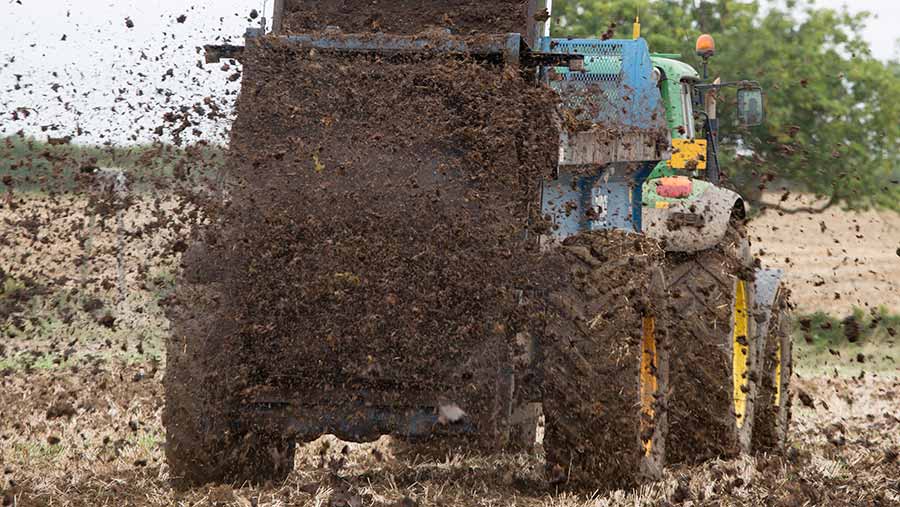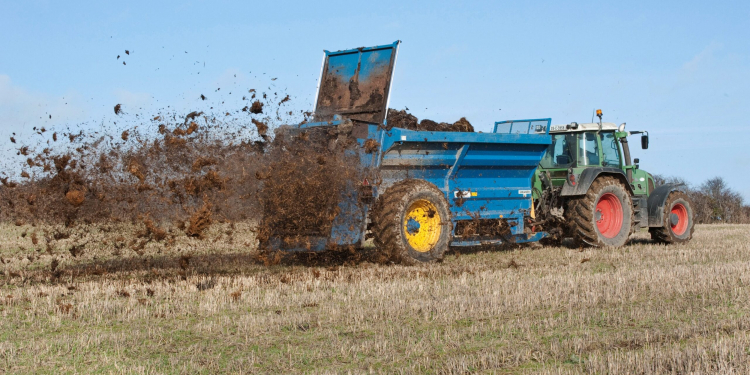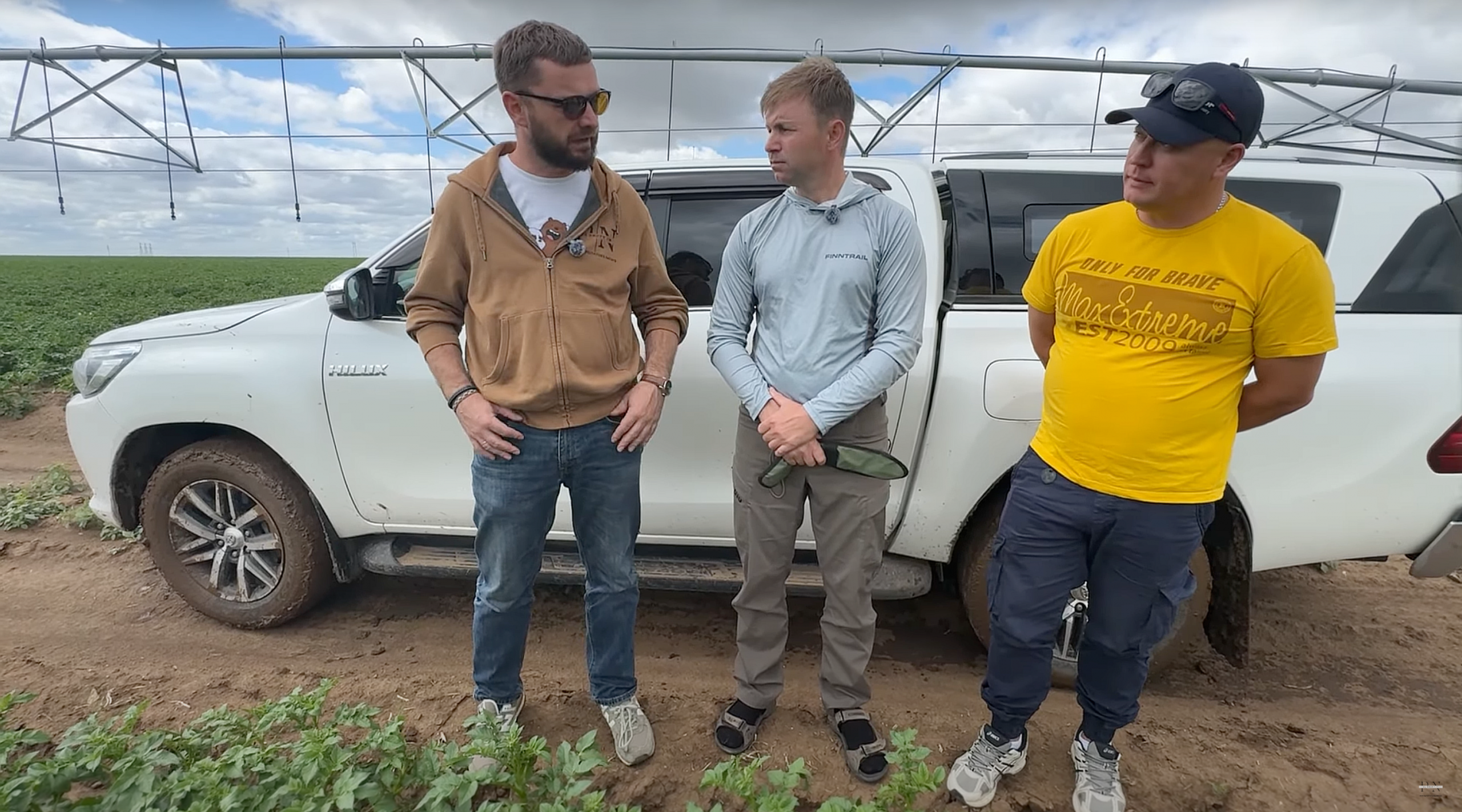Fertilization that nourishes both the plant and the soil provides on average a 20% higher yield than with other fertilization strategies. This is evident from twenty years of research into different types of organic fertilizers.

The field research ‘Manure as Opportunity’, which has been going on for twenty years, and was set up in 1999 by researchers at the Louis Bolk Institute as part of the public-private partnership ‘Better soil management’, focuses on the effect of nine different fertilization strategies on soil quality, crop yield, nitrogen leaching and mineral balance. In that study, different types of manure were used: fertilization with NPK and slurry that is strongly focused on the growth of the crop, fertilization with three different types of compost that mainly have a strong effect on the soil and fertilization with pot stable manure, chicken manure and compost in combination slurry targeting soil and plant.

Yields
The research report shows that, after twenty years, the latest fertilization strategies with chicken manure, stable stable manure and VGF + slurry that are aimed at soil and plant, in particular, yielded the highest yields. The yield of these fertilization strategies was on average 20% higher than other fertilization strategies. When fertilizing with only green compost – which is soil nourishing – or fertilizer (NPK) – which nourishes plants – the yields showed a sharp drop over the course of twenty years.
Nitrogen leaching
Researchers also looked at nitrogen leaching and mineral balance, using the NDICEA nitrogen model. Calculations have been made for the period 2008 – 2019. These calculations show that nitrogen leaching was highest with fertilization with stable manure and VGF + Drijmest, while nitrogen leaching was low with fertilization with composts.
Although the different fertilizers differ in the supply of amounts of nitrogen, phosphate and potash, there appears to be little difference in the extraction of these minerals by the plant. Extra nitrogen does not always lead to higher yields, but it does increase the chance of nitrogen leaching.Research report 20 years of Manure as Opportunity








